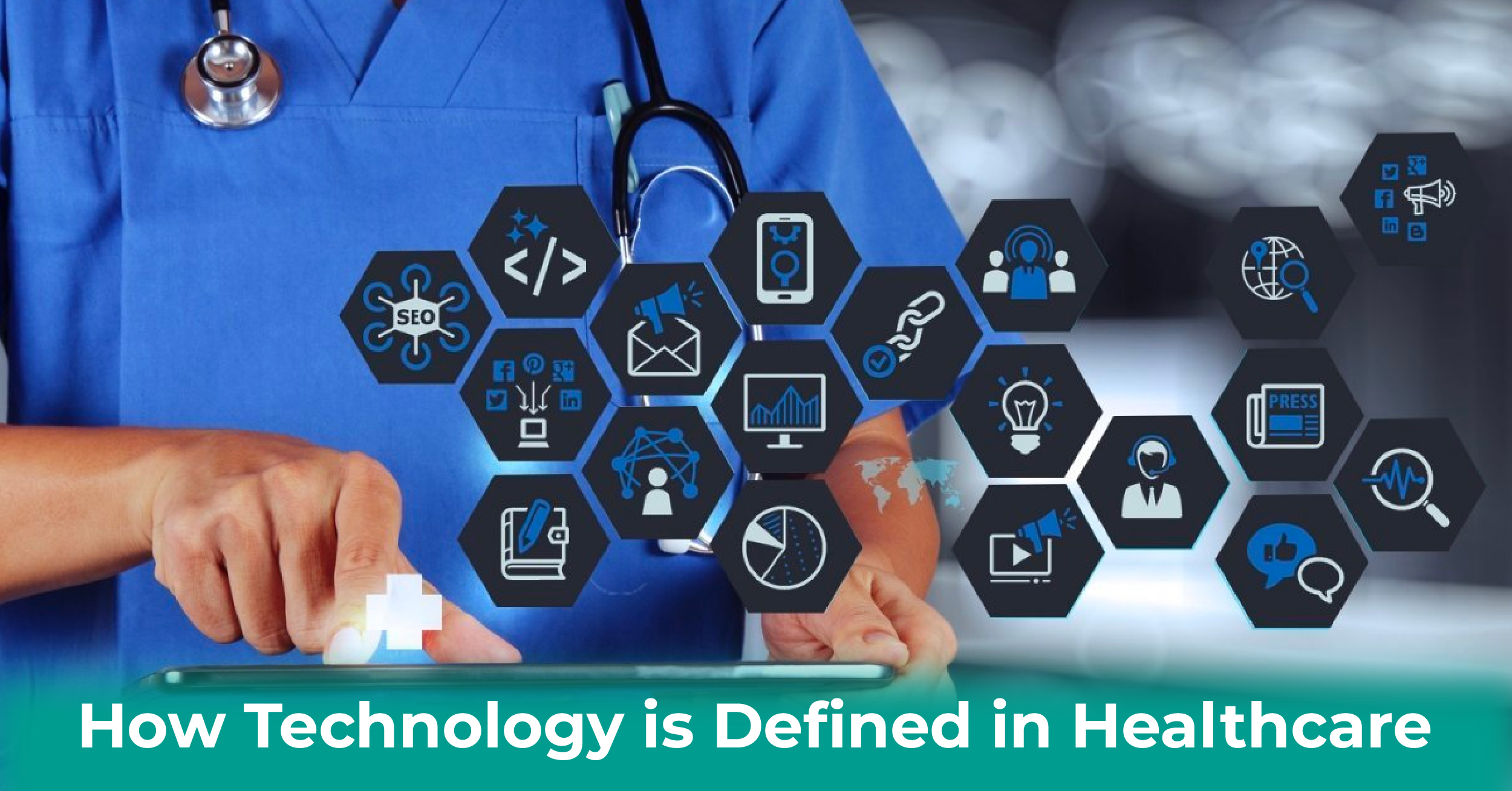Blog
How Technology is Defined in Healthcare
October 5, 2022
Posted by: DevDigital
We have witnessed the multiple ways in which the development of technology has impacted a variety of settings, ranging from classrooms to courtrooms, and the wonderful world of healthcare is no exception. The medical professionals who preceded us a century ago would be astounded at the advancements that have been made in the medical field.
Although forward-thinking individuals began considering the idea of utilizing computers in medicine as early as the 1960s, medical practices were initially unable to rely on computers because of their prohibitively high cost and lack of dependability. Not only for the purpose of acquiring new medical equipment, such as diagnostic imaging machines, but also for the purpose of maintaining everyday records, policies, and data standards, which were developed as technology advanced, and costs decreased.
These were developed in an effort to encourage healthcare organizations to adopt innovative technology. Electronic health records (EHRs) make it easier to access health data such as test results or diagnoses in a way that is both efficient and secure. Digital access to these important records and documents has mostly replaced paper versions. But the buck doesn’t stop at EHRs.
Technology has taken the world of healthcare and transformed it into a medical and lifesaving artform. Tablets, laptops, and healthcare software services have become just as important and a medical standard of healthcare as much as stethoscopes and blood pressure cuffs, and evidence proves that healthcare technology extends well beyond that. Look at the other types of technology making a mark on the healthcare industry.
Cloud Computing
When most people think of cloud technology, they think of storing data. Yet cloud infrastructure offersmore than passive data storage. Cloud environments enable healthcare firms to develop and personalize applications that can automate the flow of data across their IT systems. Hybrid cloud systems offer security measures that can help firms maintain compliance with HIPAA (Health Insurance Portability and Accountability) rules and other standards while allowing them the freedom to relocate data as needed. This flexibility also affords healthcare providers additional alternatives for modernizing old systems and workflows. Adoption of the cloud enables enterprises to utilize AI (Artificial Intelligence) and machine learning techniques, which can assist in finding hidden insights and patterns that enhance the delivery of care.
Artificial Intelligence
Most existing AI-in-healthcare initiatives are devoted to improving clinical decision support and mining actionable insights from massive data sets. There is simply too much data for healthcare firms to evaluate without the help of AI. AI-enabled technologies can sort through the mountains of data created by electronic medical records, notes, photos, sensors, and devices to spot patterns that can lead to better patient care and new treatments for various medical diseases and conditions. While artificial intelligence is still in its infancy, there are already a wide variety of applications that could help businesses in the healthcare sector.
Blockchain
The application of blockchain technology in the medical field provides an approach that is centered on the user for the secure collection, verification, and dissemination of health information. The vast majority of blockchain implementations offer a public and decentralized ledger of records that are irreversible and cannot be updated without the alteration being documented. In addition to enabling full transparency and interoperability across diversified, distributed, and highly fragmented healthcare systems, the technology may be used to encrypt and protect sensitive patient data.
Big Data
For many years now, medical professionals have been recording patterns related to pathology in written form. And though it is not as prevalent as it was years and years ago, documentation in written form is still very much used today. In this age of high-tech medical treatment, physicians can submit patient data as well as information regarding their diagnoses to a vast database that is available to medical professionals located all over the world. Supercomputers have the capability of "crunching," this data. As a direct outcome of this, faster access to the patterns and characteristics of diseases such as diabetes, cancer, and ALS, amongst many others, has been achieved.
Because these patterns can be identified faster, medical professionals are able to treat patients at an earlier stage of the disease itself. They may even be able to reverse the symptoms and effects of the disease in some instances. For example, thanks to faster access to pathology patterns, if a person is diagnosed with "pre-diabetes" at an early stage, it can be reversed through diet and exercises by a patient’s prescribing physician.
Healthcare Needs Technology
Clearly, technology's transformational force could not be absent from the healthcare industry. Even though it is a field that requires highly educated professionals with years of experience, it is also extremely demanding in terms of infrastructure and equipment. The advancements of blockchain, big data, AI, and cloud computing have all played an integral role in Making healthcare more efficient, effective, and profitable.
At DevDigital, we have a team healthcare software developer with expertise in creating specialized HIPAA-compliantapplications and providing custom software development services. When you combine our development approach, specialists, and diverse array of development experience, you can rest assured knowing that we will create high-quality solutions that enhance your healthcare business’s patient care and engagement. Simply reach out today to get your digital healthcare services started.
